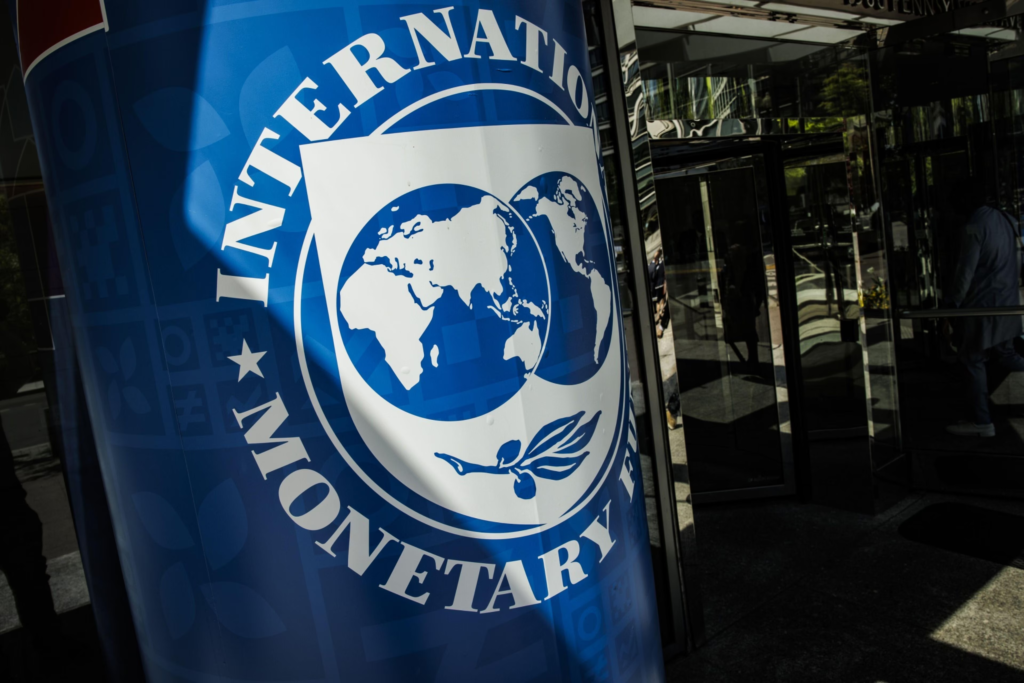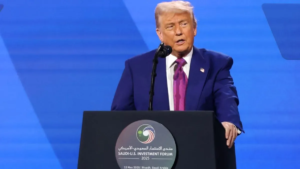The IMF in Pakistan: Navigating Economic Stability Amidst Global Uncertainty
The International Monetary Fund (IMF) has embarked on a crucial mission to Pakistan, focusing on a comprehensive assessment of the nation’s regulatory and judicial systems. This undertaking underscores the IMF’s commitment to promoting economic stability and good governance within the region, particularly as global economic headwinds continue to pose significant challenges. The timing of this mission is particularly relevant, as it coincides with heightened global economic anxieties, including the looming threat of renewed US tariffs and the potential for escalating trade wars. The interplay between Pakistan’s internal economic landscape and the broader global economic climate will likely be a defining factor in the success of the IMF’s efforts and the nation’s path toward sustainable growth.

The Importance of Strong Institutions
The IMF’s focus on Pakistan’s regulatory and judicial systems highlights the critical role of these institutions in fostering a stable and predictable economic environment. A robust regulatory framework provides businesses with clear guidelines and promotes fair competition, encouraging both domestic and foreign investment. Similarly, an efficient and impartial judicial system ensures that contracts are enforced, disputes are resolved fairly, and property rights are protected. These institutional strengths are essential for building investor confidence and creating a level playing field for economic actors. By strengthening these foundations, Pakistan can create a more conducive environment for economic growth and development.
Global Economic Headwinds and Their Impact
However, the IMF’s mission is not taking place in a vacuum. The global economic landscape is fraught with uncertainty. Discussions surrounding potential US tariffs and the risk of a trade war resurgence are casting a long shadow over global markets. Such developments can have a significant impact on emerging economies like Pakistan, which are often vulnerable to fluctuations in global trade and investment flows. Increased tariffs can disrupt supply chains, reduce export demand, and lead to capital flight, all of which can negatively impact economic growth. Therefore, the IMF’s assessment of Pakistan’s economic resilience in the face of these external pressures will be a key component of its mission.
Factors Influencing the Success of the IMF Program
The success of the IMF’s program in Pakistan will depend on a number of factors. Firstly, the Pakistani government’s commitment to implementing the necessary reforms will be crucial. The IMF can provide technical assistance and financial support, but ultimately, it is up to the Pakistani authorities to enact and enforce the policies needed to strengthen the regulatory and judicial systems. Secondly, the global economic environment will play a significant role. If the risks of a trade war materialize, Pakistan’s economic outlook could worsen, making it more difficult to achieve the program’s objectives. Thirdly, the social and political context within Pakistan will be important. Public support for reforms and political stability are essential for creating a stable environment in which economic progress can be made.
A Complex Path to Sustainable Growth
In conclusion, the IMF’s mission to Pakistan represents a critical juncture for the nation’s economic development. By focusing on strengthening the regulatory and judicial systems, the IMF aims to create a more stable and attractive environment for investment and economic growth. However, this effort is taking place against a backdrop of global economic uncertainty, with the potential for renewed trade tensions posing a significant risk. The success of the IMF’s program will require strong commitment from the Pakistani government, a favorable global economic climate, and a supportive social and political environment. Only then can Pakistan hope to navigate these challenges and achieve sustainable economic prosperity.










